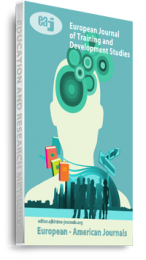Over approximately the last 20 years, models have been used to guide the organization development (OD) consulting process for enhanced organizational effectiveness, with implications for creating learning organisations. This review analyses and synthesizes the characteristics, similarities and differences, and strengths and weaknesses of four main models of OD, and the extent to which they can be used to create learning organisations. The models reviewed are the three-step, action research, appreciative inquiry, and the general planned change model. Whereas all four models overlap in characteristics such as involving participants in the change process, important differences including the focus and stages of change exist amongst them. On the basis of the review, the general model of OD which integrates the other three models is revised and extended to address two main gaps. The first is the absence of a stage in the change process that focuses on assessing pertinent organizational and client factors capable of influencing the success/failure of planned change efforts. The second concerns the lack of clarification on how organizations can become learning organizations as part of the change process. The proposed extended general OD model comprises six overlapping stages, including a final “empowering-withdrawal” stage. It proposes that OD efforts should empower clients to become learning organizations as an ultimate focus of the field of OD. The review holds important implications for OD practitioners and researchers to jointly adopt, review, and build on the proposed revised general model of OD.
Keywords: Learning Organization, Organization Development, Organizational Learning

